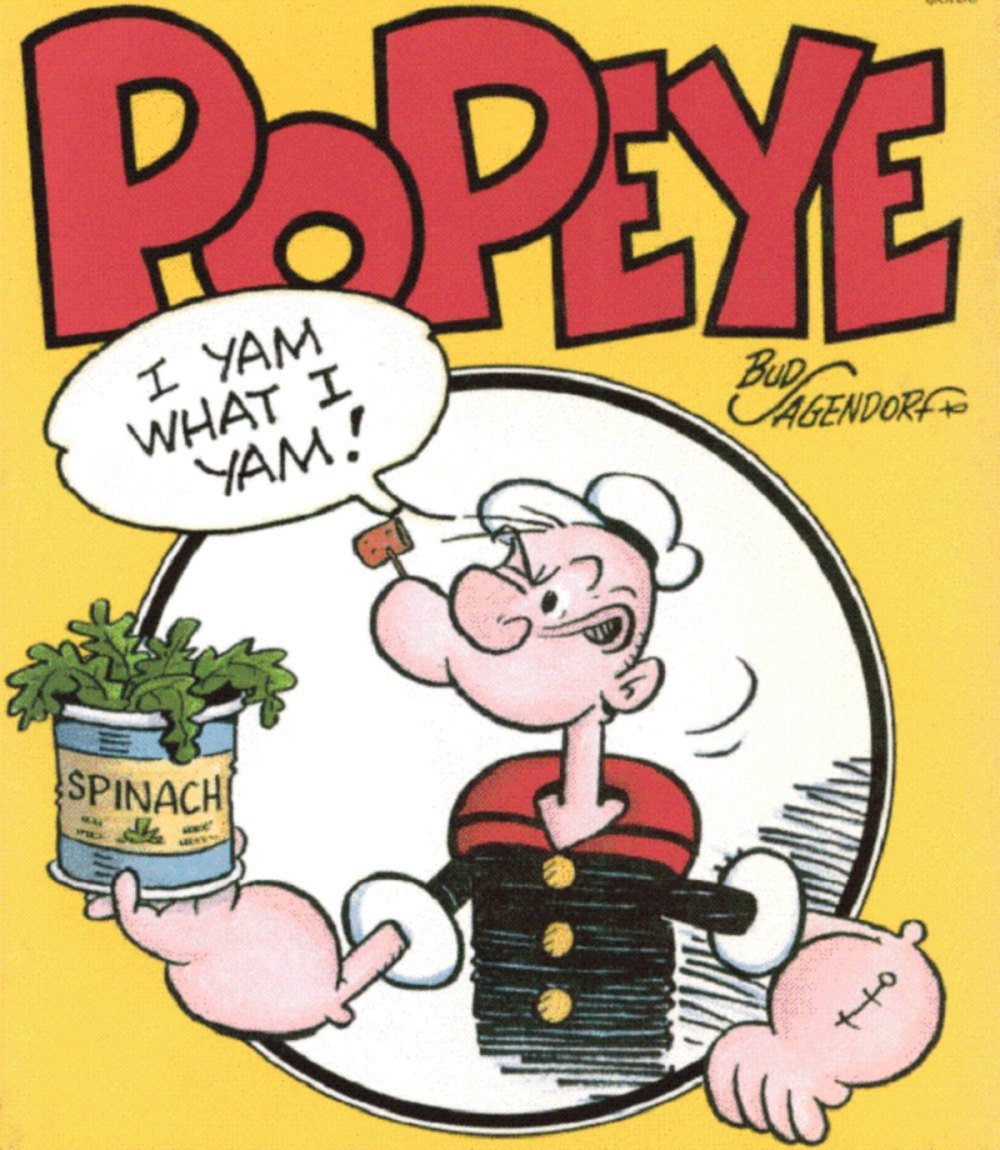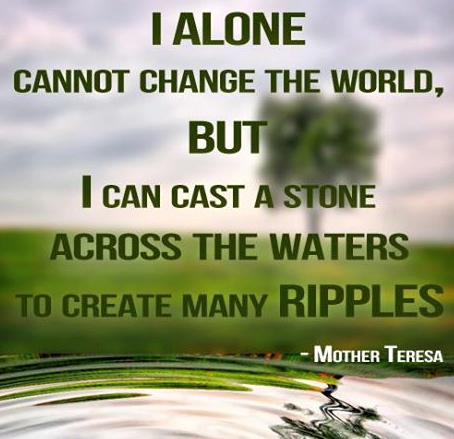by Joanie Butman
One of the things I like about our summer community is that it is a neighborhood. Having grown up in Brooklyn where most homes were attached on at least one side and then apartment living for a decade in New York City, the close proximity of our neighbors is familiar, comfortable and preferable to the isolation of suburban living. When we first moved to Connecticut, my children and I drove around looking for people wondering where everyone was. It was like there was a party to which we weren’t invited. Sixteen years later there are still people on my street I’ve never even seen! We never did figure out where they all were except on Thursday mornings – Community Bible Study. It was there that I found women who were the epitome of good neighbors, proving how neighborly suburbia can be despite the distance between our houses.
My daughter is living and working in our Massachusetts neighborhood this summer while my husband and I commute. There was a tornado warning recently while we were both in Connecticut. I tried calling and texting Hannah to no avail. When she finally surfaced, she told me our next door neighbor had come over to warn her. Upon my return, I thanked him for watching out for her. He simply replied, “It’s what we do here. We look out for each other.” I guess I will now have to forgive him for introducing me to his children as Mrs. Butts – a name I will be stuck with forever!
He explained that when he was my daughter’s age, he too spent time alone here. That was before computers and cell phones, and teenagers seldom watch the news. There was a hurricane approaching to which he was oblivious. A neighbor came to warn him. He explained that he was merely extending the same kindness to my daughter. It’s amazing how affected people are by small gestures of kindness. They remember. Kindness begets kindness. Here is an excellent example.
The elderly friend I mentioned last week shared a story from his youth about how enduring and how far goodwill can travel. At the age of 13 he was working in a sweatshop in Belfast. He had 12 siblings. As he described, “We always had enough to eat, just nothing fancy - no little niceties.” There was a woman who also worked there that took him under her wing. She would bake Irish raisin bread that Mr. C. said he would dream about and still does on occasion. In fact, his zen-like description was so vivid I could almost taste it myself. He told me he never forgot her benevolence (or her raisin bread) and that she taught him the importance of choosing to reach out to others in kindness.
Fast forward a couple of decades and Mr. C is now living in the United States playing on a club soccer team. One of his teammates told him about a newly-ordained priest from ‘the old country’ who had just been assigned to Ferndale Seminary in the next town. This young cleric was suffering from a bout of homesickness. Norwalk had a tightknit Irish community at the time, and Mr. C was as he describes, “the frontman for Irish immigrants.” He’d help them get jobs and settle into the community. The Irish connection must have been strong because when Mr. C heard about what he refered to as a ‘landsman’ in distress, he took it upon himself to walk (he didn’t own a car) the six miles to bring a little comfort to this man – a taste of home in the form of a loaf of Irish raisin bread. That priest turned out to be the son of Mr. C’s motherly co-worker at the factory in Belfast all those years ago.
We all have the ability to choose to perform acts of kindness expressing a similar generosity of spirit in whatever neighborhood we find ourselves. It isn’t confined by boundaries or circumstances - especially today when we can connect with neighbors across the globe just as easily as those across the street. The world is now our neighborhood.
The best part is that you don’t have to be particularly gifted to have a positive impact on whatever neighborhood you find yourself in. It could be something as small as a smile. St. Francis once said, “A kind face is a precious gift.” I think of his words often as I pass the smiley faces someone has nailed to a number of trees in our town. They started appearing shortly after the hurricane last Fall, and their source remains a mystery. Some might think it an insignificant or even silly exercise, but those images are a constant reminder of the power a simple smile holds. Choosing to greet others with a smile is a community service we are all capable of regardless of age or infirmity.
It is not surprising that the basic tenet of all major world religions is The Golden Rule, which states “Love your neighbor as yourself.” It is the one commonality on which everyone can agree – and it is mutually beneficial. You’ll never see a war fought over that belief. Kindness, love and compassion transcend any border including religious ones.
Mr. Rogers greeted audiences for 33 years with his theme song, Won't You Be My Neighbor? He made a career out of teaching children what it means to be a good neighbor. He explored many themes, but kindness was one of his most important. His books are full of wisdom and insight for people of any age, but I never figured out what was up with the sweaters. He always had such a hard time with the zipper, you'd think he'd switch to buttons. Funny that I married a man who is known for his vast collection of sweaters and is one of the kindest people I know. Perhaps I related to Mr. Rogers more than I realized.
I am reading a gem of a book that one of my readers brought to my attention recently, You are God’s Gift to the World. In it I discovered an excellent challenge I will pass along to you. “If nothing else, just do something positive every day, no matter how small or insignificant it may seem to you. It will not be wasted.” The author goes on to comment that while some of those positive actions will be great, most “will be done in much smaller ways, ways that knit us together as a human family through very basic acts of love and caring.” I truly believe choosing to perform small acts of kindness can make everyday a beautiful day in any neighborhood.
*You Are God's Gift to the World, Louis M. Savary and Patricia H. Berne, Pg. 8.





































